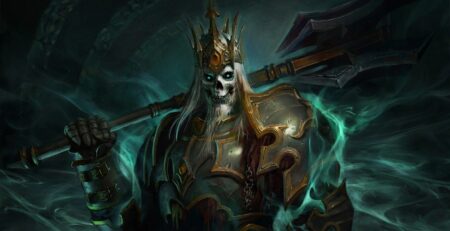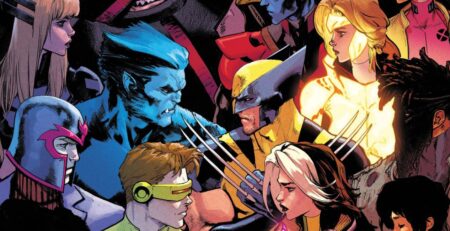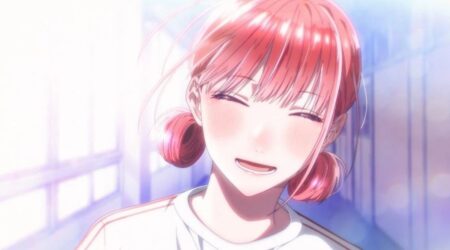Spoilers for Dark Phoenix below the image.
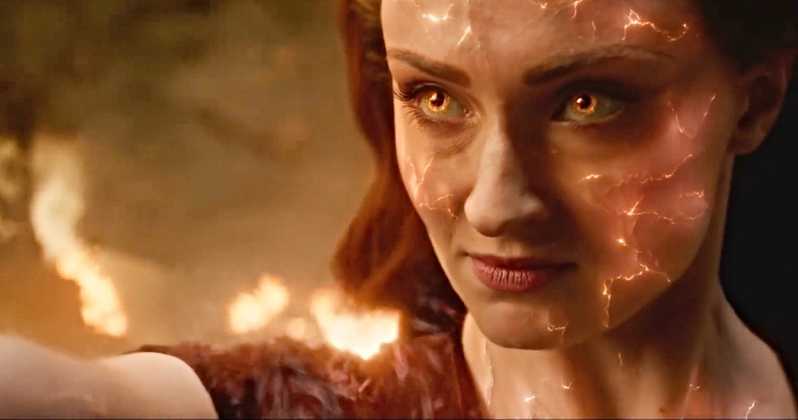
In a world of increasing visibility of female heroes and villains, Dark Phoenix takes a crack at joining the ranks of strong characters like Wonder Woman, Captain Marvel and Hela (Thor: Ragnarok). Unfortunately, Dark Phoenix didn’t do enough to rise from the ashes of X-Men: The Last Stand’s failing to tell the story of Jean Grey. With an all-star cast and a great comic series to guide this film, the film still falls short of becoming a great film, and I think I know why.
I wanted to enjoy this movie. I’ve always been a fan of Jean Grey. Famke Janssen’s portrayal of Jean was my first introduction to the character and I was able to establish a connection with both who she was and what she was fighting through. In X-Men: The Last Stand, we got to see the full extent of her power and just how much damage she could do. She was almost a villain. While it was so close, the movie ended with Wolverine killing her in order to add to his character development – what a shame.
With the reboot kind of retcon of the series, Sophie Turner’s Jean Grey was a fresh look on the character. That said, we didn’t spend enough time with this character to form any attachment to her. It was almost as if the films were relying on us being familiar with Turner from Game of Thrones to justify Turner only playing the character for a few movies, with this last installment featuring her the most. But that connection to the actress wasn’t what we needed. We needed more time to familiarize ourselves with Turner’s Jean Grey in order to fully understand the impact of her change. We needed to experience the emotions she felt in order to make Dark Phoenix convincing.
Which brings me to my main point. Dark Phoenix tried to teach its audience that suppressing emotions is dangerous and ultimately that women are not weak for displaying them. But, that fell a little flat by – ironically – not fleshing out the female characters more. Throughout the film, the direction would shift back and forth between the narratives of emotions being a powerful thing or a dangerous thing.
Jean’s emotions killed her parents, so her emotions must be suppressed. However, suppressing her emotions causes her to lose control of her powers and hurt people, so that’s bad too. So then Jean should know her truth and use her emotions? But wait, she also gets angry and kills Raven (Jennifer Lawrence). Then, Charles Xavier (James McAvoy) sees the damage he’s done to her by having her bottle them up and tells her it’s okay to use her emotions after alien Jessica Chastain‘s Vuk says emotions make people weak. So with so many switchbacks, which is it?
I honestly believe that the writer and director of Dark Phoenix, Simon Kinberg, tried his best to pull off this theme. I could see it in the tense moments of the film when Jean would get angry and try to suppress her powers. Dark Phoenix had a sense of how the path was laid out but not a lot of direction on how to get there.
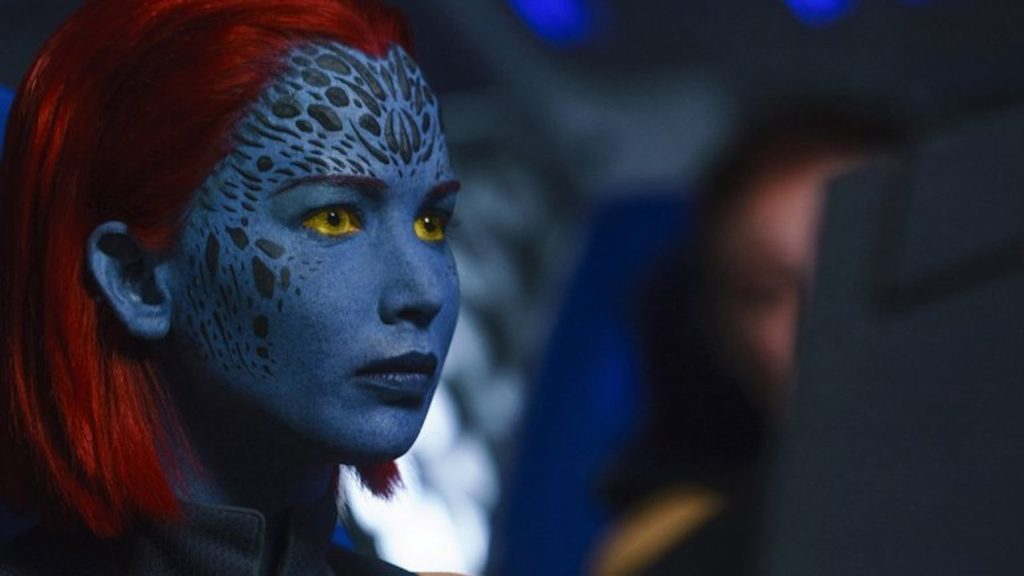
Raven’s death also left a bad taste in my mouth. Here we have a female character who is killed so the male characters in her life can go through some sort of growth. Beast and Magneto come together because of Raven’s death. And Xavier goes through some weird phase of maybe being affected by it? In a film attempting to make a point about women and our strength and emotions, it feels gross.
I’m not sure if Dark Phoenix’s goal was to make Jean Grey the villain. Or if it was to make Charles Xavier the villain. Or if it was supposed to be the alien in the form of Chastain. That confusion mixed with trying to push the theme of being in touch with one’s emotions left me not entirely satisfied with the ending. There were so many layers of lessons jam-packed in this film that it felt like an accelerated summer college class – by the time you leave, you’re not sure what you’ve learned and you hope that you’ve passed the class somehow.
All this to say that we needed more time with the characters. Jean was only familiar to us for two movies. Vuk, the shadow alien, would have been a great villain if she was the main villain and Jean as Dark Phoenix would have been a cool villain if she was the villain.
Now, some of you might be reading this and thinking: “Kristen, Jean Grey’s powers are unmatched, who could have possible gone up against her?” The answer is that I don’t care who could or couldn’t but I wanted to see more than a few minutes of Grey using her powers, to drive home the point of her strength.
Yes, there were probably great intentions to not show her powers prior to the reshoots but we still didn’t get to see the Dark Phoenix at her full potential. Jean didn’t get a chance to truly spread her wings. It’s like she was in a cage only to be poked for our amusement. We didn’t get to see Vuk use her powers to the fullest, and ultimately there wasn’t an exciting battle between the two. All we saw was Charles and Erik playing chess and enjoying retirement after those that suffered the most for them died.
Dark Phoenix tried to be as big a film as Jean Grey but it missed the mark. Each rendition of Grey’s power failed to explore why her femininity was important to the character and the jumbled confusion of emotions left the film a caricature of a female empowerment movie. The great parts of the movie, like the combat and Sophie Turner’s acting, weren’t enough to carry the film. This is not the movie that Dark Phoenix deserves.
Images from 20th Century Fox

